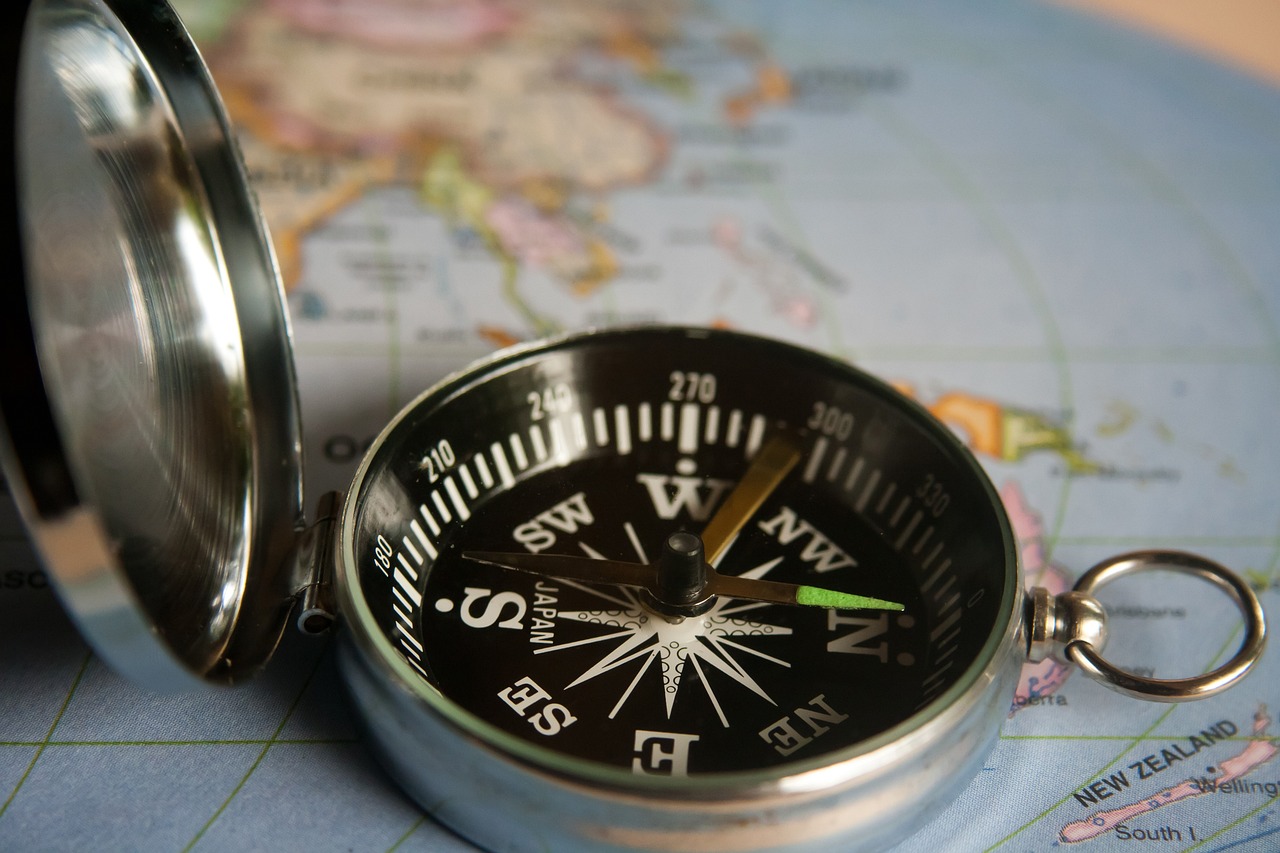The Role of Travel in Education
Experiencing different cultures offers a unique insight into the diversity of the world. By immersing oneself in various cultural practices, traditions, and values, individuals can broaden their perspectives and develop a greater appreciation for the differences that exist among people. This exposure fosters empathy and understanding, breaking down barriers that may have previously hindered meaningful connections with others.
Moreover, engaging with different cultures provides an opportunity for personal growth and self-discovery. Through cross-cultural interactions, individuals are challenged to adapt to new environments, communicate effectively with those from different backgrounds, and navigate unfamiliar customs. These experiences not only enhance one’s adaptability and communication skills but also encourage a sense of openness and curiosity towards the world.
Learning Outside of the Classroom
Immersing oneself in real-world experiences outside the confines of a traditional classroom setting can offer a rich tapestry of learning opportunities. Whether exploring a new culture, navigating unfamiliar streets, or trying out a different cuisine, the sights, sounds, and interactions encountered during such journeys can broaden perspectives and deepen understanding in ways that textbooks simply cannot replicate.
From honing practical skills like budgeting and time management while planning a trip, to developing adaptability and problem-solving abilities while facing unexpected travel challenges, the knowledge gained through hands-on experiences is invaluable. These real-world lessons often stay with individuals for a lifetime, shaping them into more well-rounded and culturally aware individuals.
Practical Knowledge Gained Through Travel
Traveling provides a unique opportunity to gain practical knowledge that cannot be acquired through textbooks or traditional education settings. Immersing oneself in different cultures allows for a deeper understanding of global perspectives and customs. By experiencing firsthand how people in other parts of the world live, work, and interact with one another, travelers can develop a broader worldview and cultivate empathy towards those from diverse backgrounds.
Moreover, traveling provides valuable insights into the practicalities of navigating unfamiliar environments and situations. From learning how to read foreign maps and public transportation systems to adapting to local customs and etiquette, travelers develop essential problem-solving skills and a heightened sense of adaptability. These practical experiences not only enhance one’s self-confidence but also foster a sense of independence and resourcefulness that can be applied to various aspects of life beyond the journey itself.





